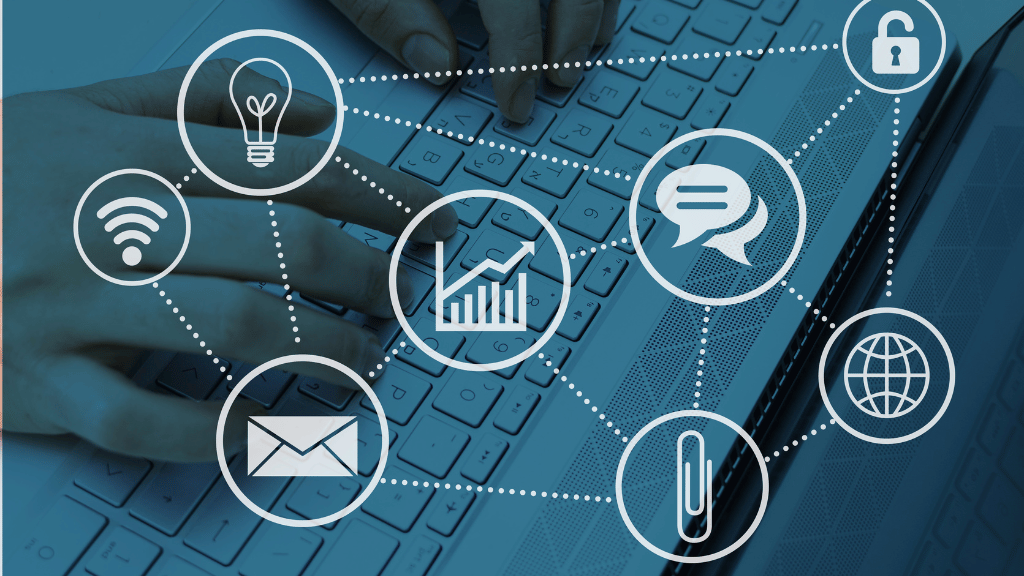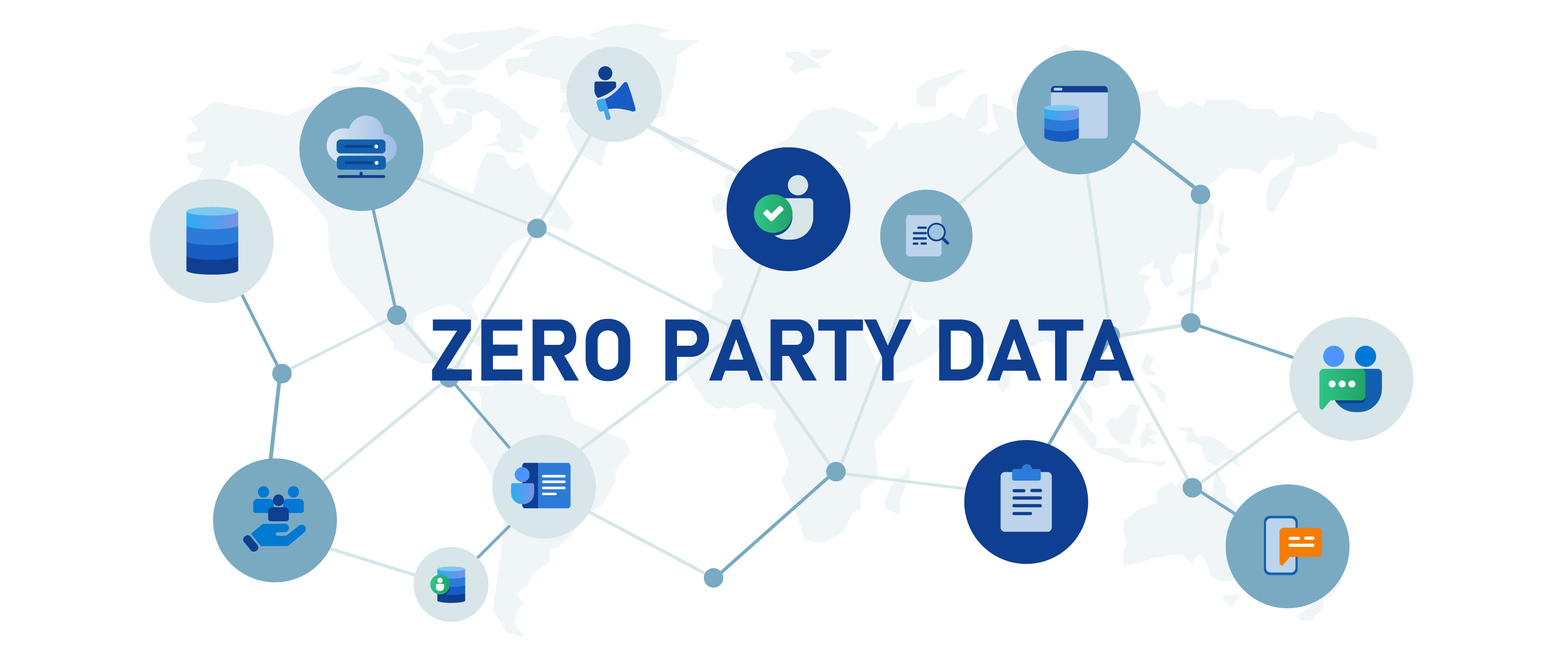How to Get Started with Marketing Automation?
The term "marketing automation" has rapidly emerged as a buzzword in the digital marketing landscape. It refers to the process of using software or applications to automate, streamline, and measure marketing tasks and workflows. Martech development services are playing a crucial role in this evolution, offering comprehensive solutions that drive efficiency and innovation. The incorporation of automation in marketing is not merely a luxury but a fundamental element for businesses aspiring for growth.
Therefore, understanding how to get started with marketing automation is crucial for companies operating in today's digital landscape.
What is a Marketing Automation?

Marketing automation software is a type of technology that helps businesses streamline, automate, and analyze their marketing tasks and workflows. This technology is a godsend for businesses, eliminating the need for manual execution of recurring tasks, freeing up staff time, and enabling businesses to focus on strategic planning and creative tasks.
Companies reap several benefits from employing marketing automation. It brings about consistency in messaging, saves time, increases productivity, and enables targeted communication. Moreover, it provides insightful customer analytics, aiding businesses to better understand their customers' behavior, preferences, and needs.
A marketing automation campaign, in essence, is a series of automated actions triggered by user behavior or predetermined criteria. These campaigns streamline communication, improve engagement, and help nurture customer relationships.
When determining if a business is ready for marketing automation, several factors come into play. The business's size, available resources, customer base, and complexity of marketing processes should be examined. Also, the business's ability to maintain and utilize a marketing automation system effectively is an important consideration.
Getting Started with Marketing Automation
Getting started with marketing automation involves a series of key steps. It begins with the identification of your marketing needs, followed by researching and selecting the appropriate tools, software, and services that align with these needs.
A marketing automation platform is a comprehensive software as a service (SaaS) solution designed to streamline and automate various marketing tasks. Such platforms serve as a centralized location for all marketing efforts, reducing the hassle of using multiple, disconnected tools.
When considering whether to build or develop a marketing automation platform, businesses must take into account various factors such as cost, user-friendliness, scalability, and compatibility with existing systems. Depending on their needs and resources, companies may choose to build a marketing automation platform from scratch, or they might invest in platform development services to obtain a solution tailored to their specific requirements.
A. Implementing Marketing Automation

When it comes to implementing marketing automation, adopting best practices can make the difference between success and failure. First and foremost, companies must define their goals. This includes identifying their target audience, deciding what they want to achieve with automation, and determining key performance indicators (KPIs) to measure success.
Integration with existing customer relationship management (CRM) systems is another crucial aspect of marketing automation implementation. It enables companies to leverage customer data, personalize marketing efforts, and provide a seamless customer experience.
Creating effective automated email marketing campaigns is a key component of marketing automation. These campaigns enable businesses to send targeted, timely, and relevant messages to their customers, improving engagement and conversion rates.
Lead nurturing through marketing automation is another strategic move. By automating the process of moving leads through the sales funnel, businesses can ensure no potential customers slip through the cracks, thereby increasing their sales opportunities.
B. Advanced Marketing Automation Techniques
The role of Artificial Intelligence (AI) in marketing automation is steadily gaining momentum. AI-powered tools are revolutionizing marketing automation by making it smarter and more efficient. They enable superior personalization, customer segmentation, and content marketing automation, leading to improved customer relationships and increased ROI.
Social media automation is a facet of marketing automation that can significantly boost a company's online presence. With the power to schedule posts, monitor interactions, and analyze performance, it amplifies a brand's reach and engagement without demanding additional time and resources.
E-commerce and mobile marketing automation are also critical elements in today's marketing strategy. They enable businesses to deliver targeted messages based on user behavior, resulting in improved conversion rates and customer loyalty.
In the world of marketing automation, understanding multichannel marketing is crucial. It's about ensuring a consistent and coordinated customer experience across all channels - from emails and websites to social media and mobile apps.
Advanced techniques like lead scoring and drip campaigns are invaluable tools in managing and nurturing leads. Lead scoring helps prioritize leads based on their engagement level and potential to convert, while drip campaigns offer a methodical approach to nurturing leads through the sales funnel.
C. Measurement and Optimization
Measuring the success and ROI of marketing automation efforts is an essential part of the process. Without accurate measurement, it's impossible to know whether the automation strategy is working or if it needs tweaking.
A/B testing and SEO optimization are important tools for marketing optimization. A/B testing involves comparing two versions of a web page, email, or other marketing asset to see which performs better. SEO optimization ensures your content is easily discoverable by search engines, leading to increased visibility and traffic.
Data-driven marketing is the backbone of successful marketing automation. By leveraging customer data and analytics, companies can make informed decisions, refine their strategies, and enhance their marketing efforts.
User experience is paramount in marketing automation. By mapping out the customer journey, businesses can identify points of friction and find ways to optimize the user experience.
Conversion rate optimization and behavioral tracking are also integral to the success of marketing automation. Conversion rate optimization involves refining your website and marketing materials to increase the percentage of visitors who complete a desired action. Behavioral tracking allows you to understand how users interact with your site, providing insights that can be used to enhance their experience and increase conversions.
Challenges and Pitfalls of Marketing Automation

Like any other technology, implementing marketing automation is not without its challenges. These may include data integration issues, lack of skilled staff, and budget constraints.
Data privacy and compliance are of paramount importance in using marketing automation. With the increased scrutiny on data handling and privacy, it's crucial for businesses to ensure they adhere to data protection regulations and use secure, compliant software.
1. Industry-Specific Considerations
While marketing automation is beneficial across industries, there may be industry-specific considerations for its implementation. For instance, a B2B company might place a higher emphasis on lead scoring and content marketing automation, given the longer sales cycles and higher stakes involved. Conversely, a B2C company might prioritize personalization and social media automation to connect with a larger audience on a more personal level.
Real-Life Examples
In the world of marketing automation, there are countless success stories that showcase the potential of this technology. For instance, clothing retail giant, Zara, has successfully used marketing automation to track customer behavior and deliver personalized product recommendations via email. This approach has led to a significant increase in their online sales and customer engagement.
Another success story is that of Netflix, a leader in content marketing automation. Netflix's recommendation engine, driven by AI, suggests movies and series to its subscribers based on their viewing history and preferences. This personalized approach has significantly boosted their customer retention rates.
In the realm of B2B, HubSpot, a leading provider of inbound marketing and sales software, has effectively utilized lead scoring and drip campaigns to nurture leads and convert them into customers. Their sophisticated marketing automation campaigns have significantly contributed to their remarkable growth.
Looking ahead, the future of marketing automation is promising. Current and future trends include the increased use of AI, the integration of multi-channel marketing, and a growing emphasis on mobile marketing automation. One such trend is the rise of predictive analytics in marketing automation. This technology uses AI to analyze customer data and predict future behavior, helping businesses to tailor their marketing strategies accordingly.
Additionally, as privacy concerns become more prominent, we can expect a trend towards more consent-based marketing automation. Businesses will have to ensure their automation strategies respect customer privacy while still delivering personalized experiences.
These trends are shaping the future of marketing, making automation a cornerstone of successful marketing strategies.
Conclusion
This comprehensive guide to marketing automation has aimed to provide a thorough understanding of what is a marketing automation platform, its benefits, how to implement it, and the future trends shaping this field. Marketing automation, with its ability to streamline processes, personalize customer interactions, and measure the effectiveness of marketing efforts, is indeed a game-changer. In today's rapidly evolving digital landscape, there's no denying the importance of getting started with marketing automation for businesses aspiring to grow and thrive.






